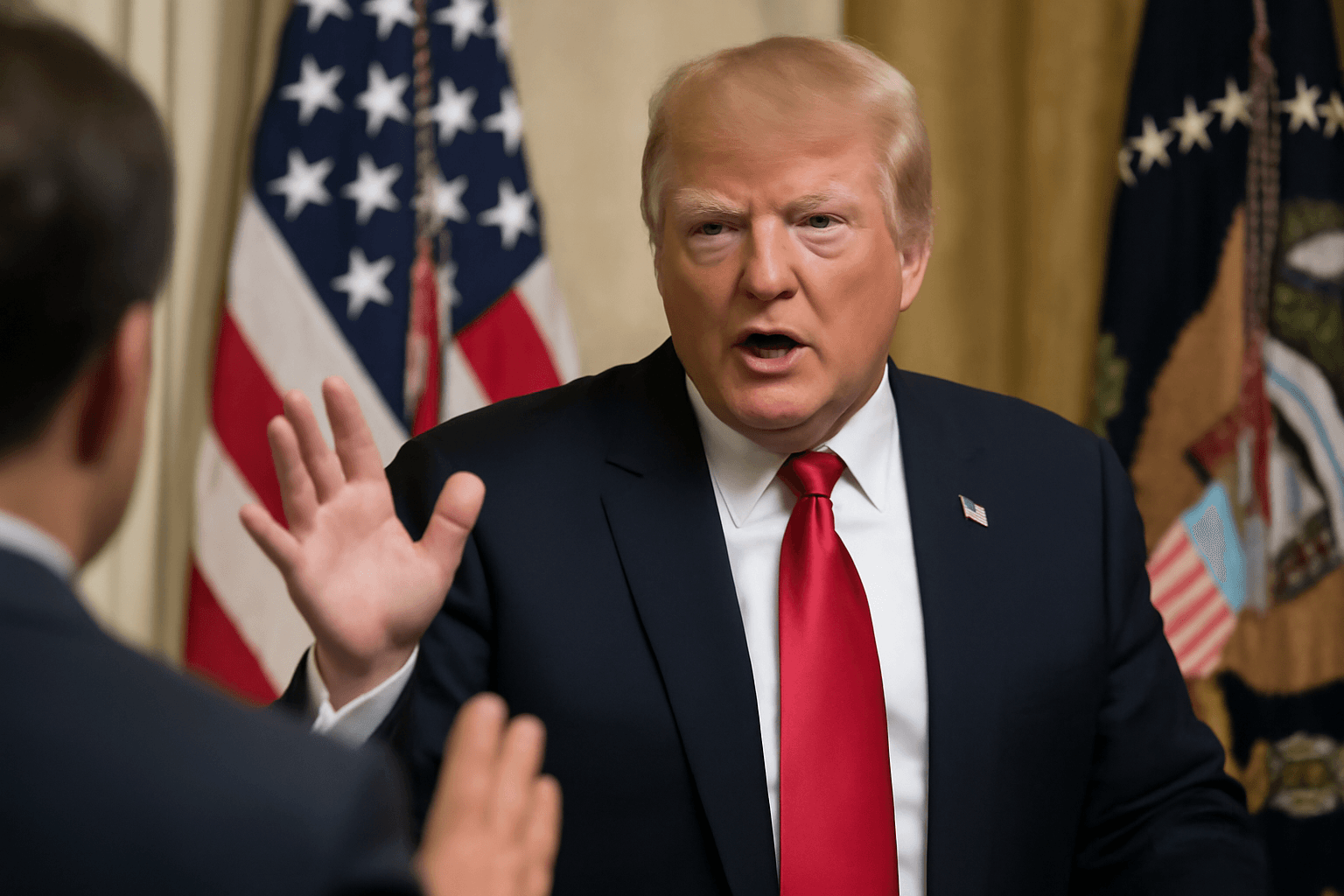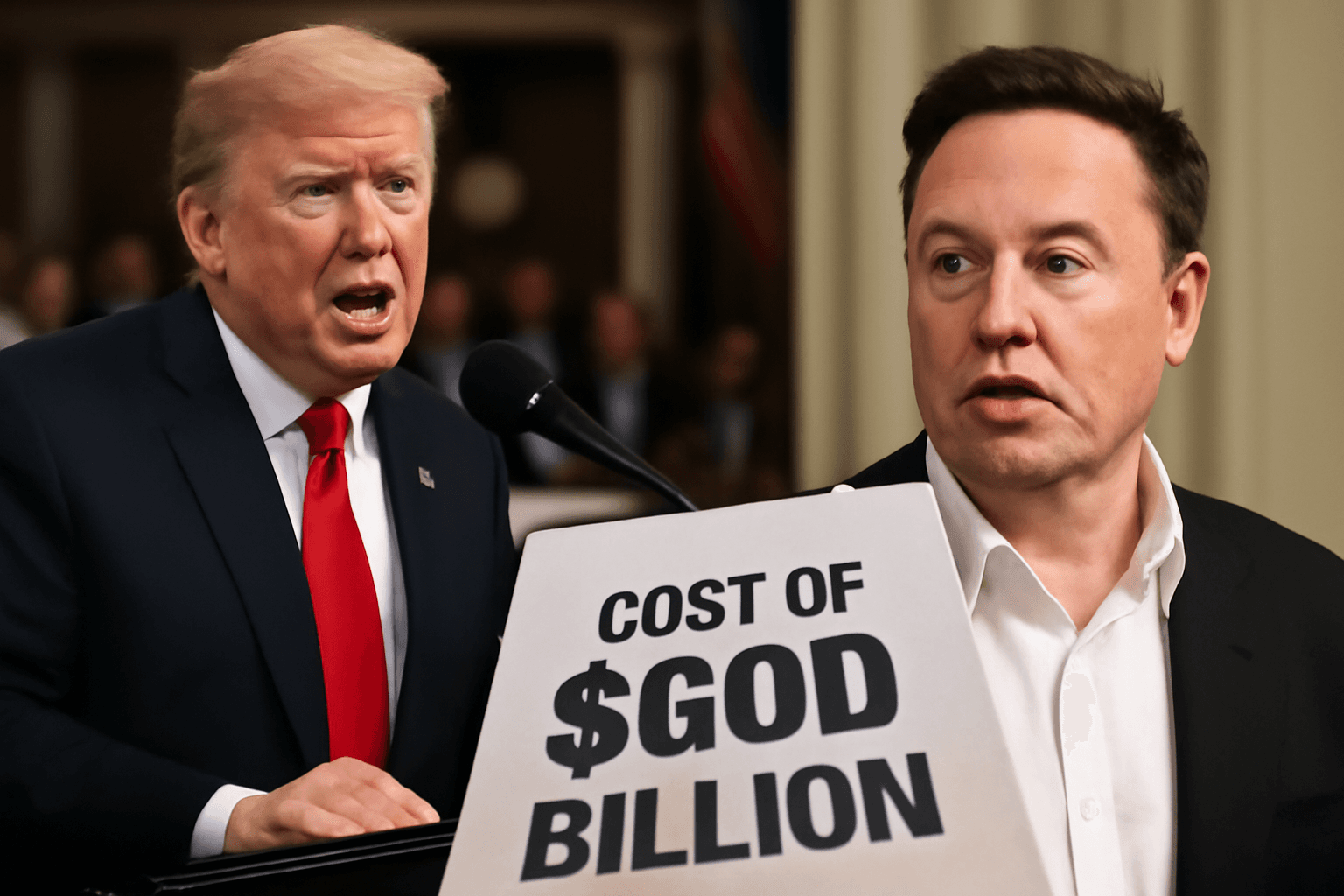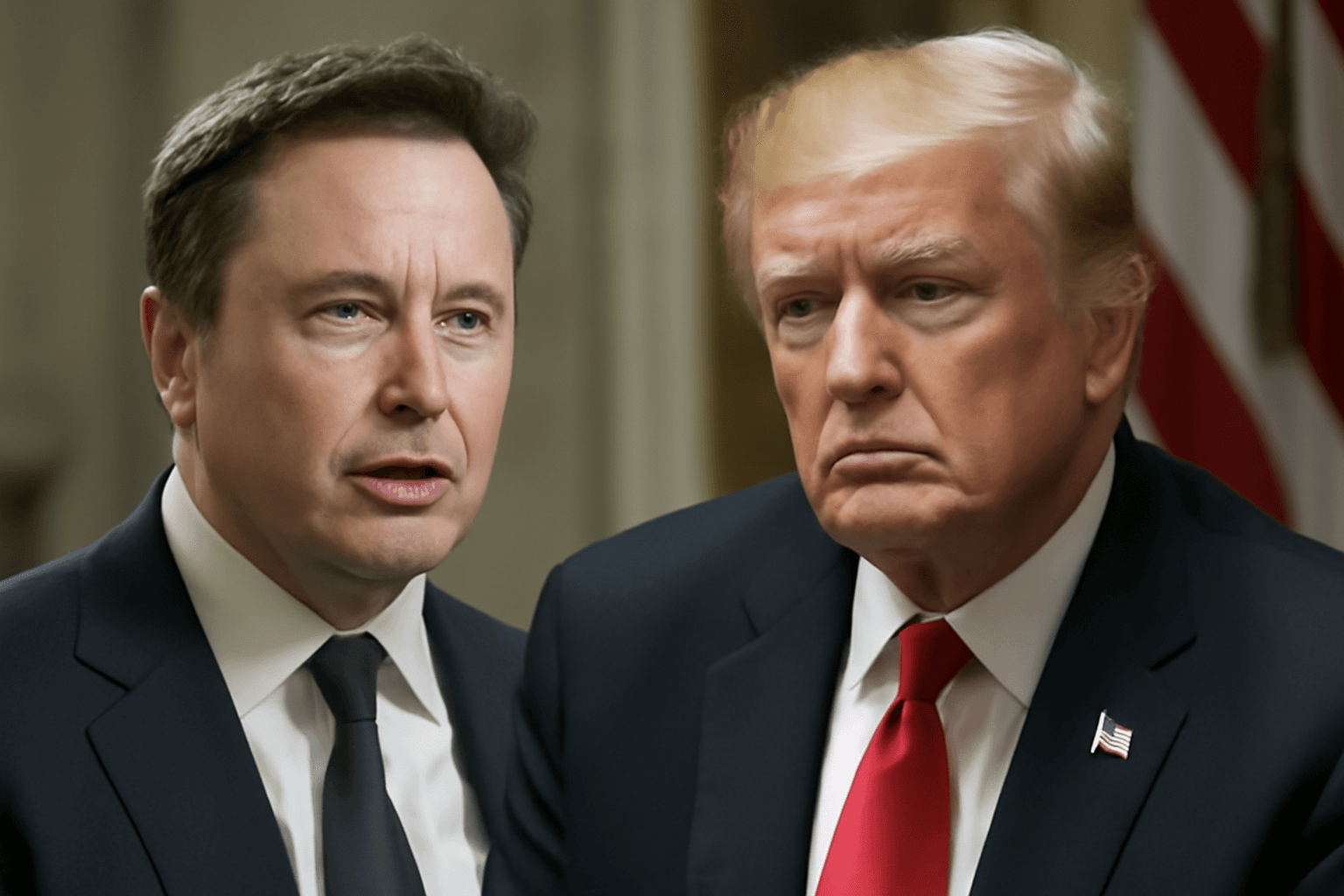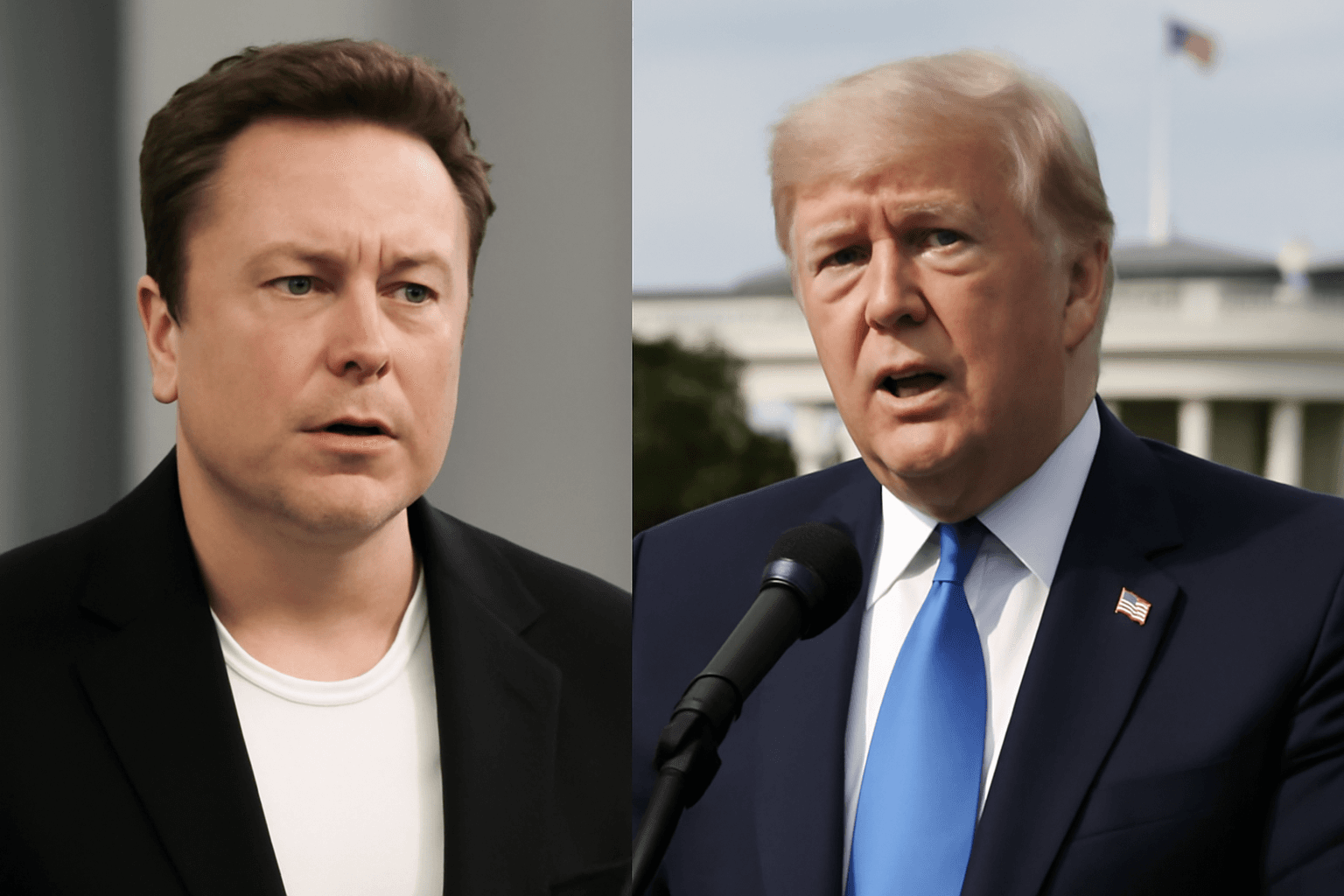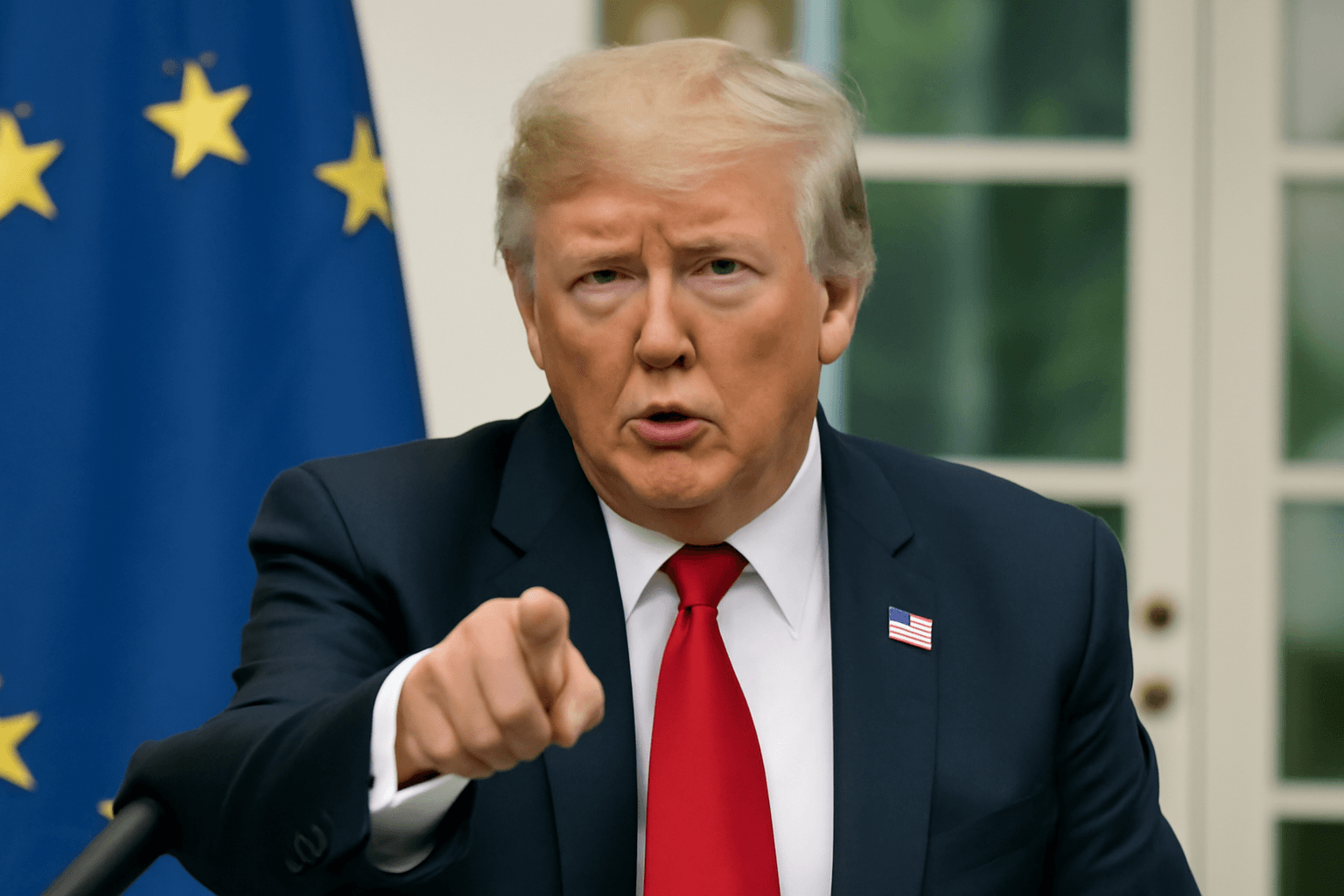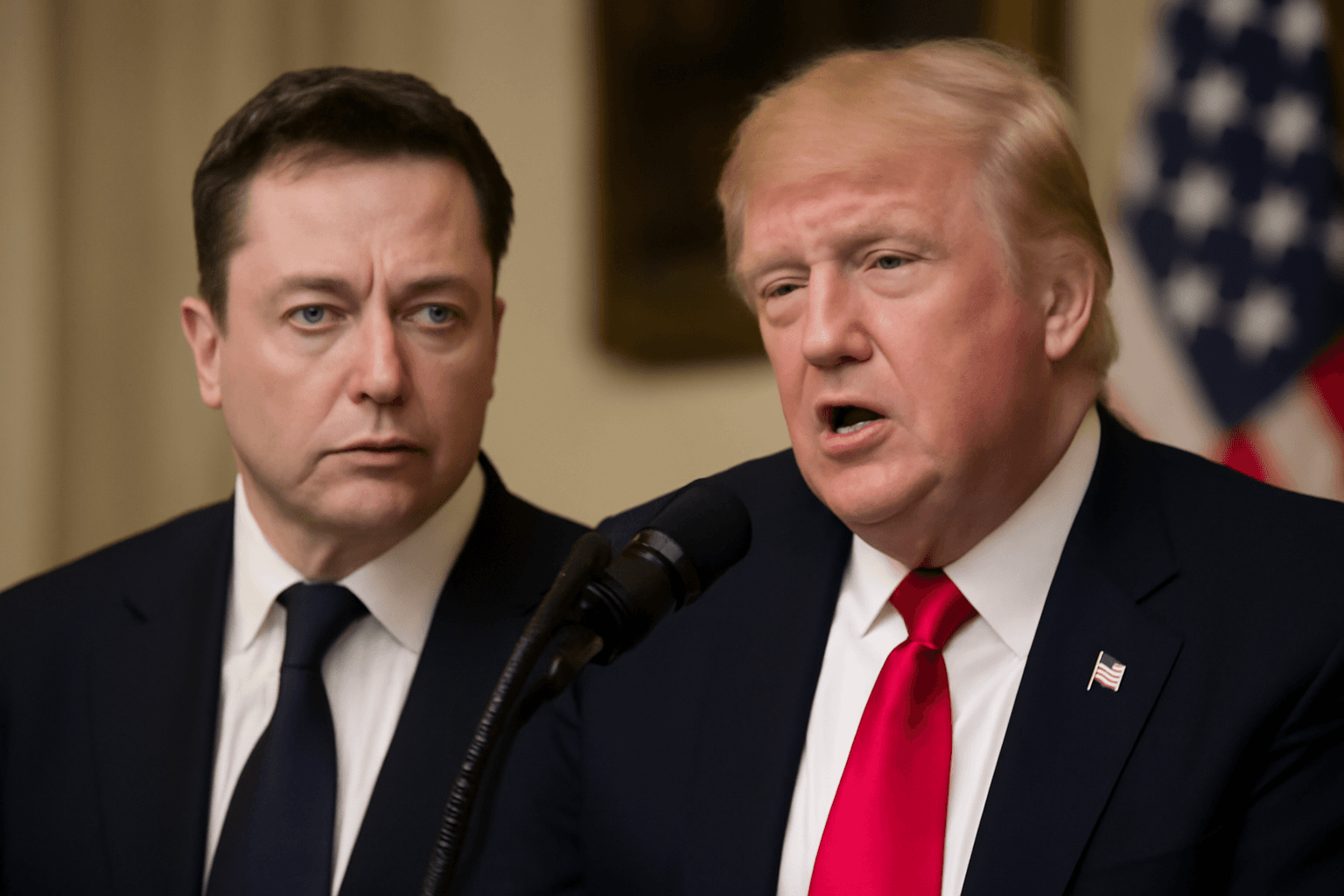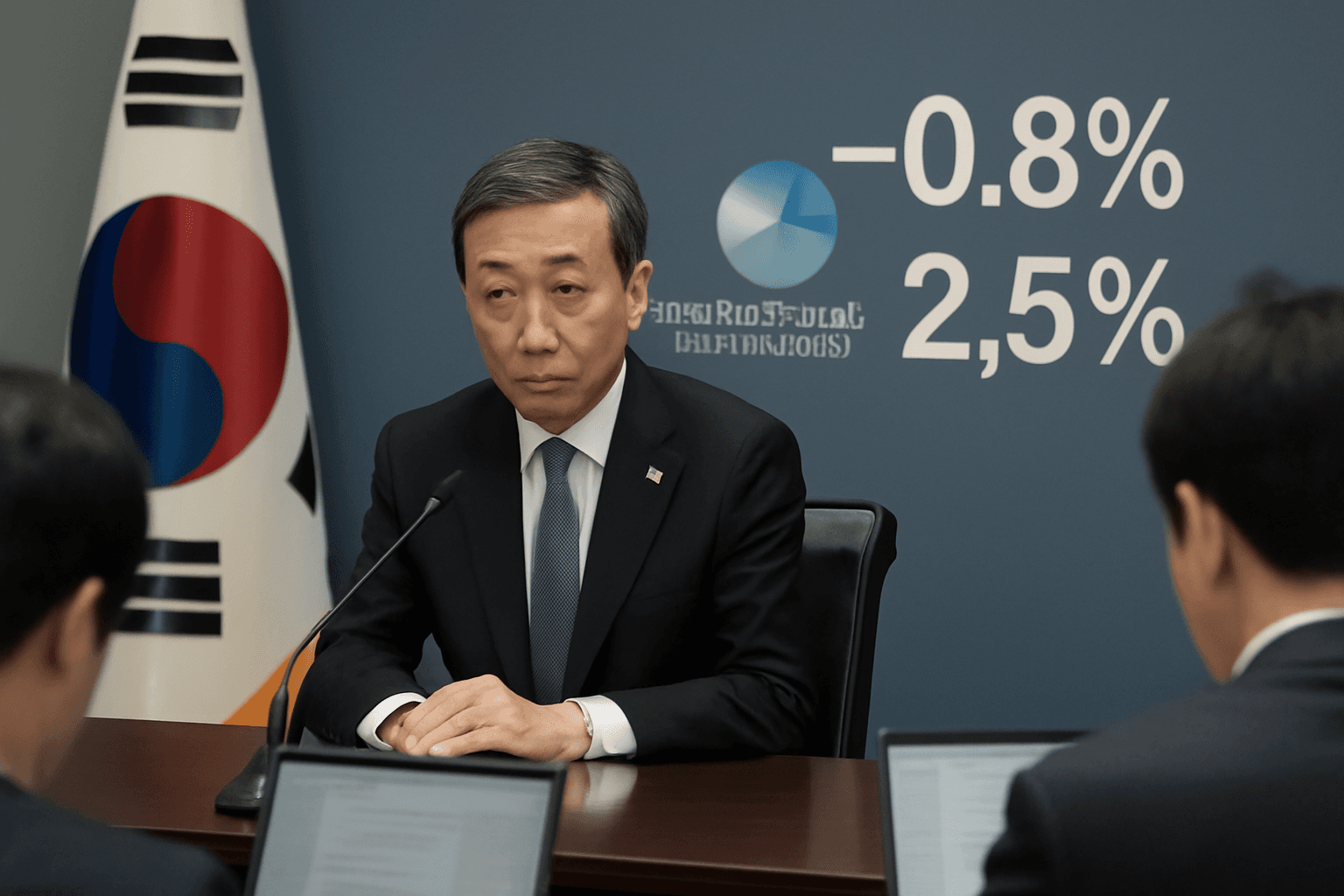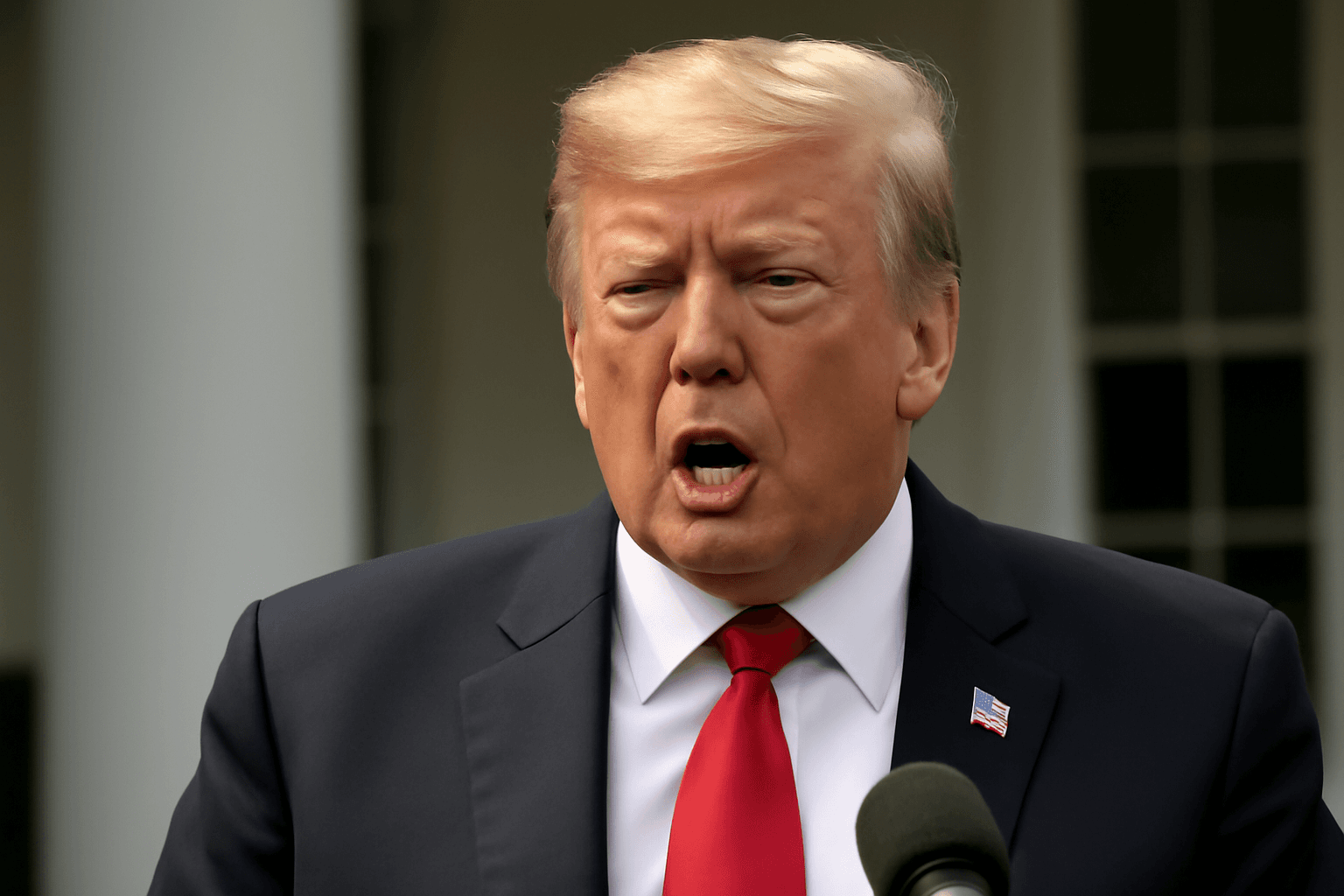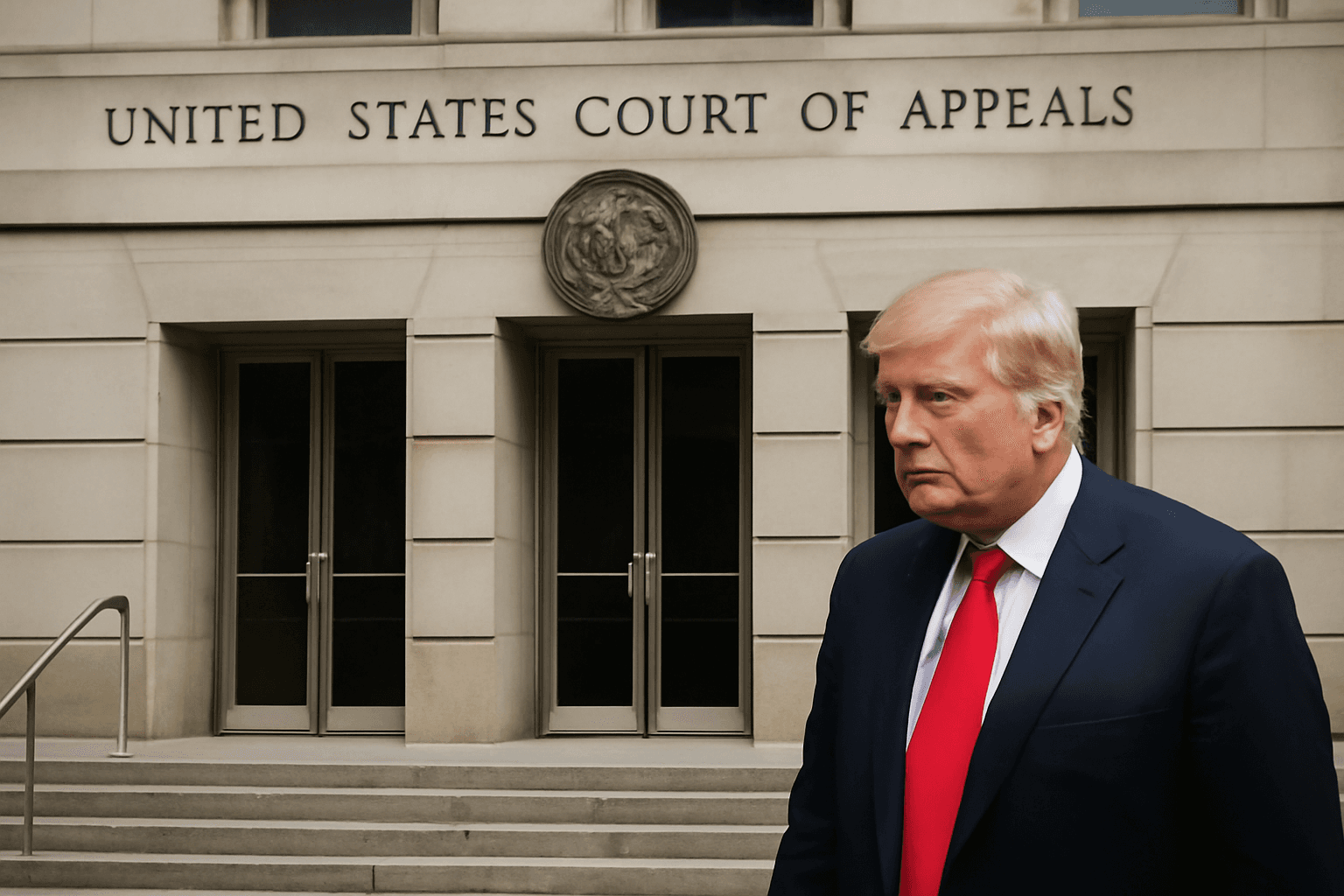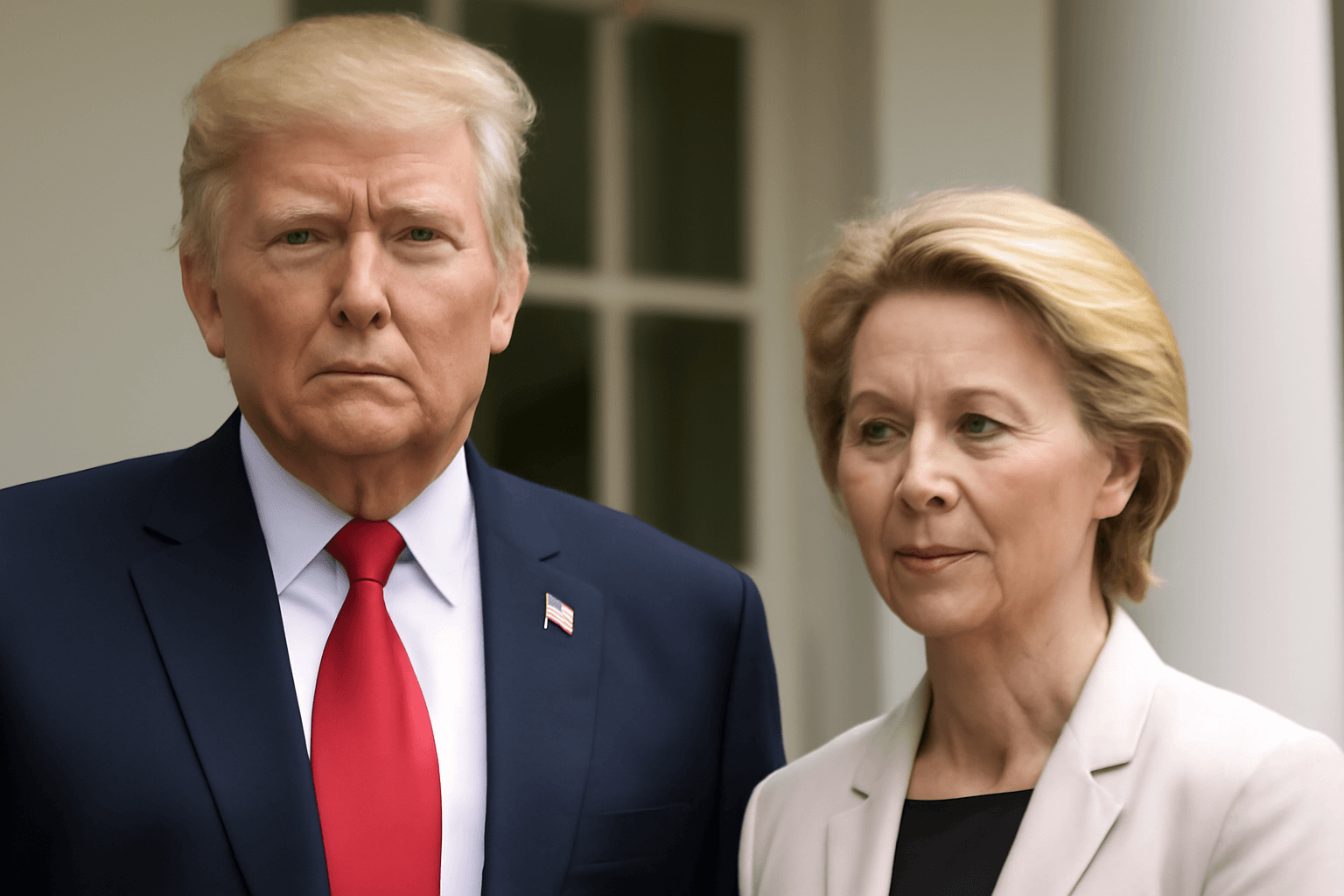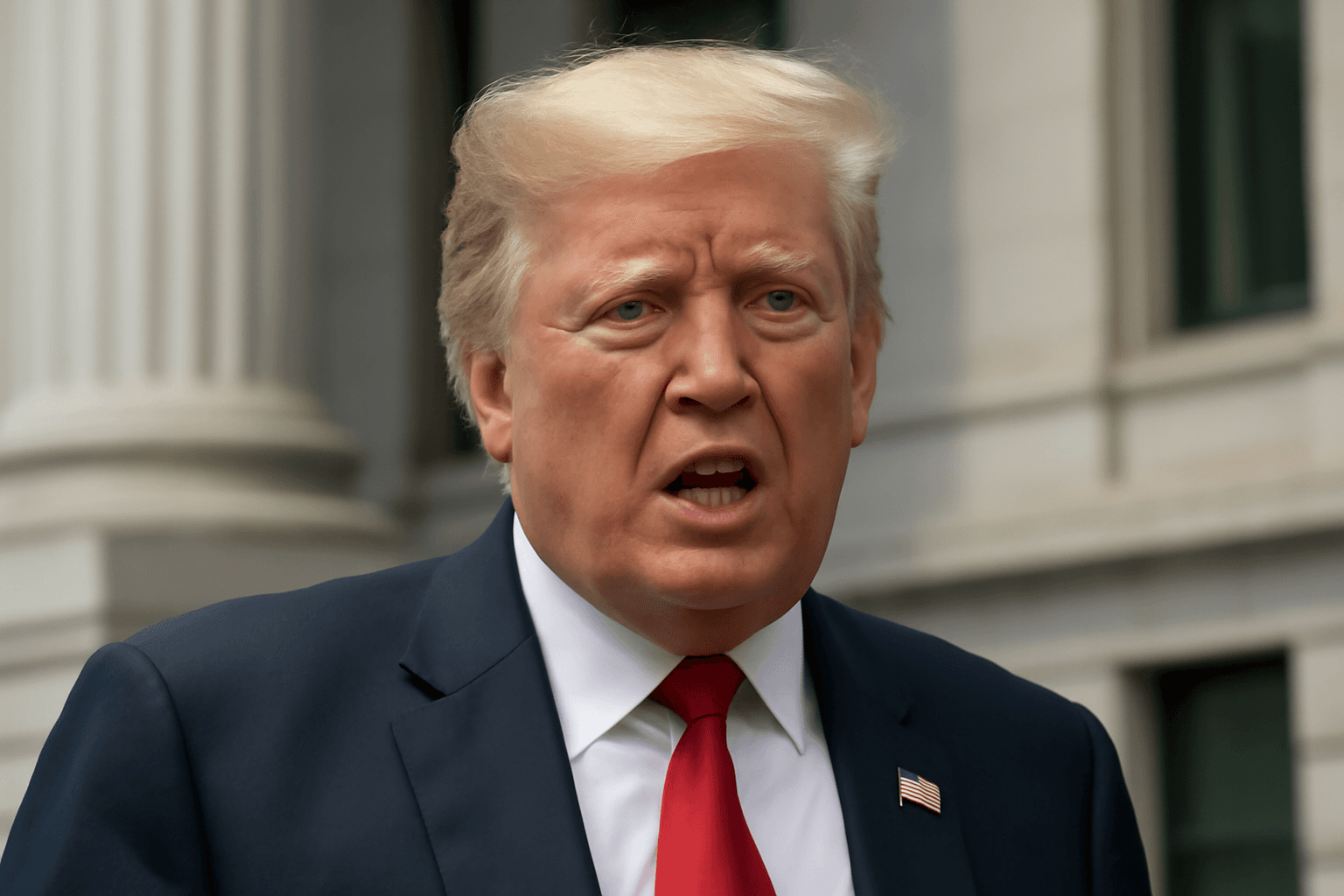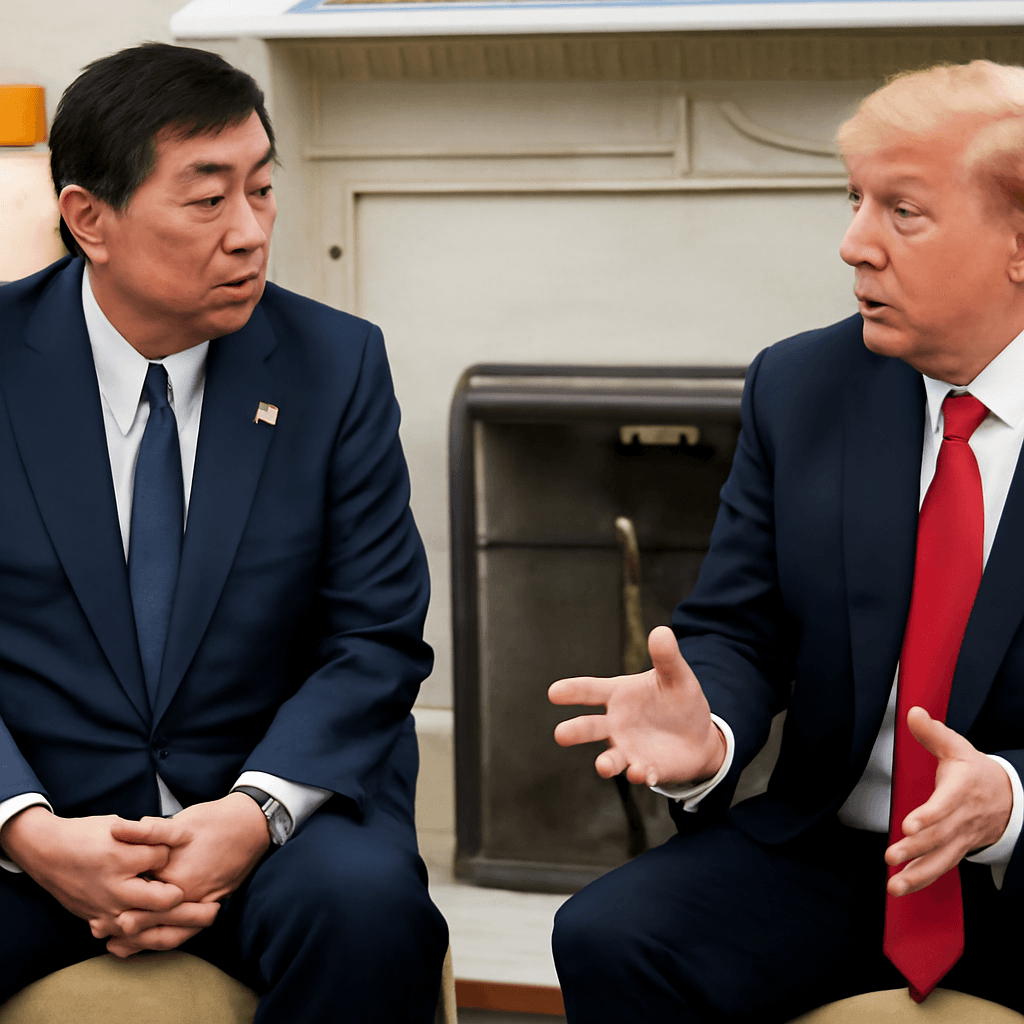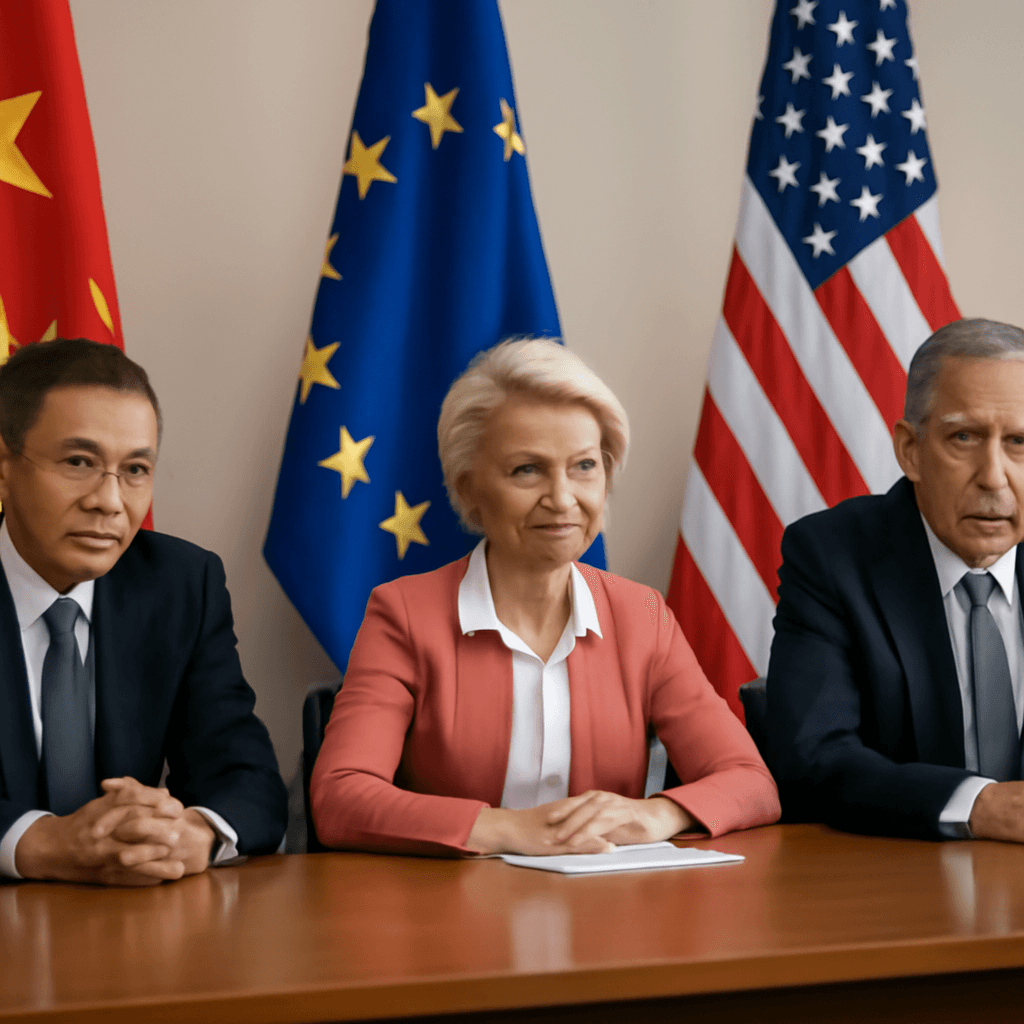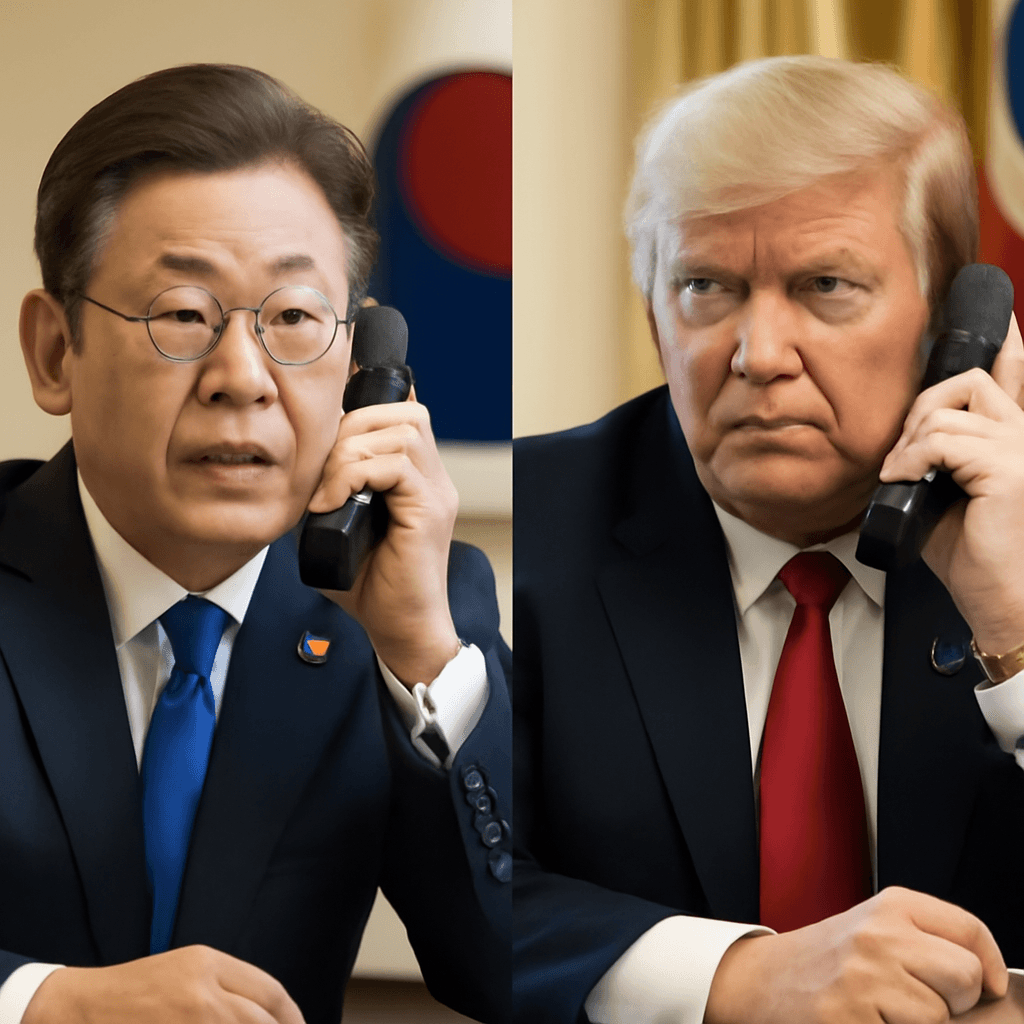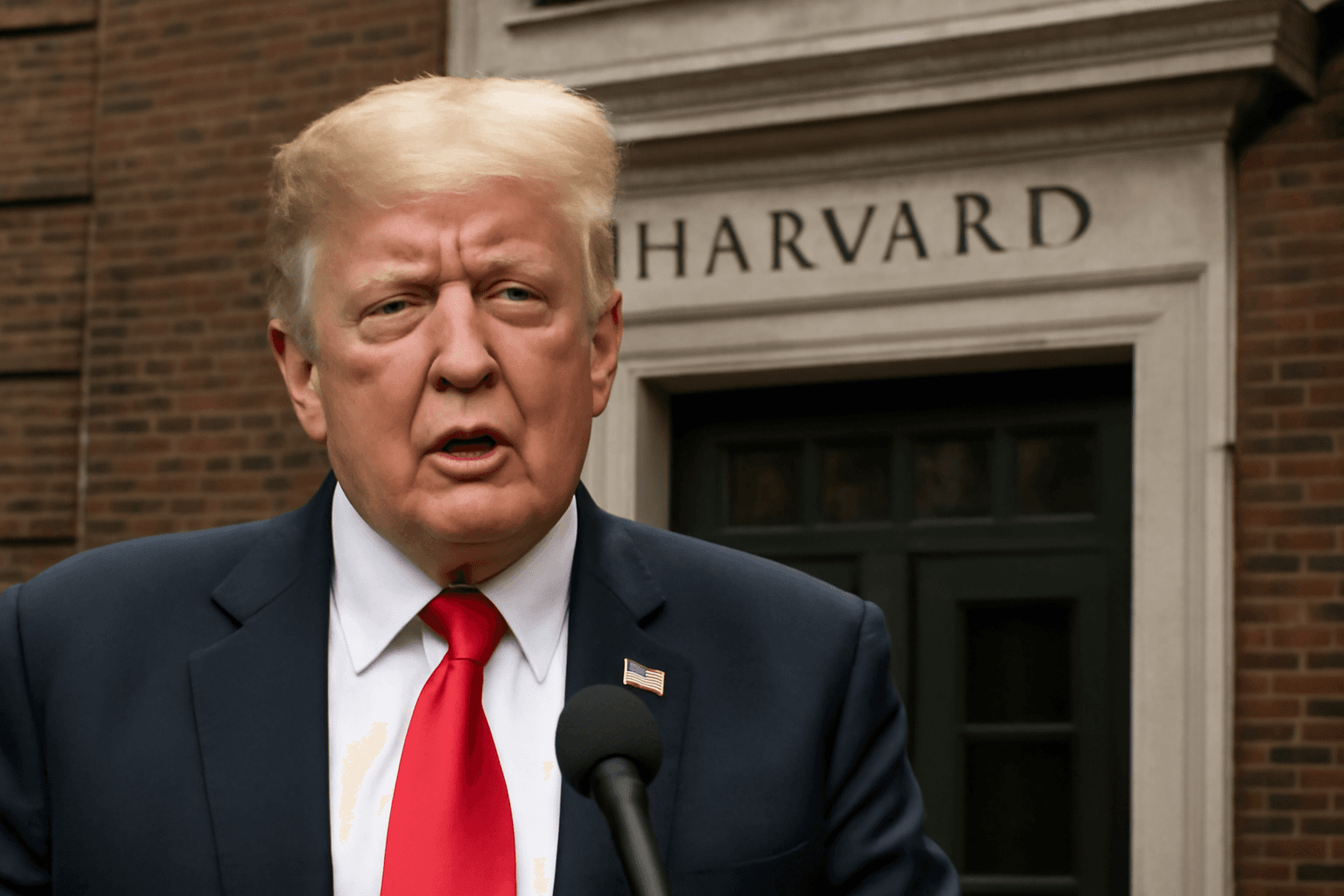US President Donald Trump recently reacted strongly to a reporter’s question about the so-called 'TACO trade,' a term coined by Financial Times columnist Robert Armstrong and widely used to describe market reactions to Trump's tariff policies.
The reporter asked Trump in the Oval Office if he acknowledged the validity of the 'TACO trade' label, which stands for 'Trump Always Chickens Out.' The phrase refers to a recurring pattern in financial markets where Trump’s aggressive tariff announcements cause initial market declines, followed by recoveries as he subsequently retreats or delays implementation.
In response, President Trump dismissed the characterization, calling the question "nasty" and denying that he "chickens out." He stated, "This country was dying. Six months ago, this country was stone-cold dead... It’s called negotiation." Trump emphasized that his tariff adjustments were part of strategic negotiations rather than retreats.
Additionally, Trump claimed that he had eased high tariffs on China "to help them" during their economic difficulties, although he expressed uncertainty about China’s reciprocity.
This exchange highlights ongoing market sensitivities to US trade policies. After Trump’s tariff announcements, global markets experienced steep declines—Tokyo's Nikkei 225 dropped nearly 9%, and Hong Kong's Hang Seng fell 8%. However, markets tend to rebound when the President delays or softens tariff measures.
Further complicating the tariff landscape, a US court recently ruled that Trump exceeded his authority under the International Emergency Economic Powers Act when imposing broad tariffs. This ruling initially boosted financial markets, but an appeals court temporarily paused the decision pending further hearings.
As the debate over tariff policies continues, the 'TACO trade' remains a focal point in understanding market responses to US economic decisions.

